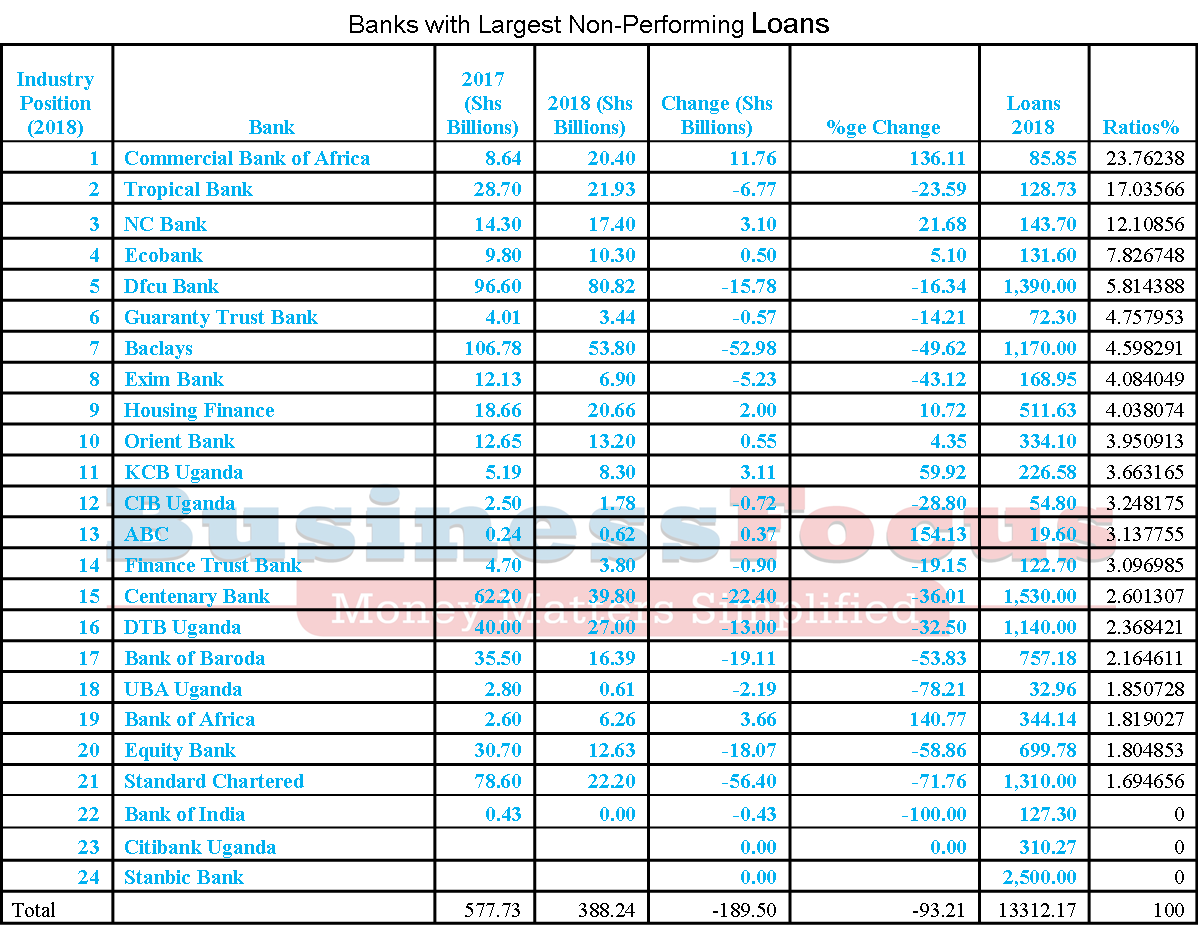Commercial banks are waiting for a go-ahead from retirement benefits schemes to start offering housing mortgage facilities secured against their savings.
This as consultations between the benefits schemes and the government start with the aim of creating legal frameworks that enable them to operationalize the new development.
In February, the government gazetted the Uganda Retirement Benefits Regulatory Authority (Assignment of Retirement Benefits for Mortgages and Loans) Regulations, 2022.
The purpose of these regulations is to provide for procedures that a member shall follow to use a proportion of his or her benefits to secure a mortgage or a loan for purchasing a residential house.
According to the regulations, a member may enter into an agreement with an institution to use his or her accrued benefits as security for a mortgage or a loan for purchasing a residential house in accordance with these Regulations.
This is applicable to up to 50 percent of the benefits. Stanbic Bank Executive Head of Consumer Banking Samuel Fredrick Mwogeza says they waiting for the National Social Security Fund (NSSF), the largest retirement benefits scheme, to complete its consultations with the relevant authorities, and give guidance to the banks.
The regulations by the government came after sustained demands by the savers that they be allowed to either take loans from NSSF at interest rates lower than at banks, or they be given houses by NSSF against their savings.
The use of half of one’s savings came as a middle-ground position and a response to concerns that savers were getting their benefits when it was too late to use them optimally, while many were leaving in poor housing conditions despite having saved for many years.
“Currently, members’ benefits cannot be used as collateral for a mortgage or loan. Additionally, consultations on amending the NSSF Act to provide for mortgage acquisition is still ongoing,” says NSSF Managing Director Richard Byarugaba.
According to the Fund, most members use the retirements to construct their residences. The new regulations will enable a member either acquire a loan or get a mortgage.
“The National Social Security Fund (NSSF) has begun consultations to change the NSSF Act to allow a portion of a member’s payments to be used as collateral to get a mortgage or loan to buy a home,” he says.
Mwogeza says as the waiting continues, they have introduced a mortgage product where the bank will provide 100 percent cost of the house, payable in 20 years at 14.5 percent. Until now, the banking industry has been requiring prospective mortgagees to have between 30 percent and 50 percent of the cost of the house that they want, and the bank provides a top-up.
Mwogeza says this had kept out many Ugandans who would otherwise afford a house. He says this is also a response to the decline in the numbers of people going for credit facilities due to the current economic situation.
One of the real estate companies that will give out housing units under a mortgage arrangement in Buildnet, which says it has already entered a partnership with Stanbic to provide housing to Ugandans.
The Marketing Manager of Buildnet, Claire Kateregga says the demand for housing is going down contrary to what they had expected after the reopening of the economy.
She says this is one of the ways to ensure the market is kept vibrant amidst hard economic times.
On their part, Centenary Bank says as they await the NSSF Act, ther customers can access loans for housing with the recently passed Mid Term Access to 20 percent of the benefits as security for loans.
On why the banks are not reducing loan interest rates as demanded by the public and the bank of Uganda, Stanbic Bank says it depends on the creditworthiness of the customer.
The average interest rate is about 19.5 percent per annum. However, Head of Personal Markets says customers, depending on how worth they are proved to be by the bank, can now get loans as cheap as 15.5 percent, including unsecured ones of up to 250 million shillings.
They have also partnered with Kampala City Traders Association to access traders tax payment products.
“The tax payment pressure is a huge problem for many of our customers as taxes are statutory obligations—we are therefore now enabling them to clear the taxman and settle the bank while ensuring that business doesn’t stop, this way, all parties benefit,” says Arinaitwe.





